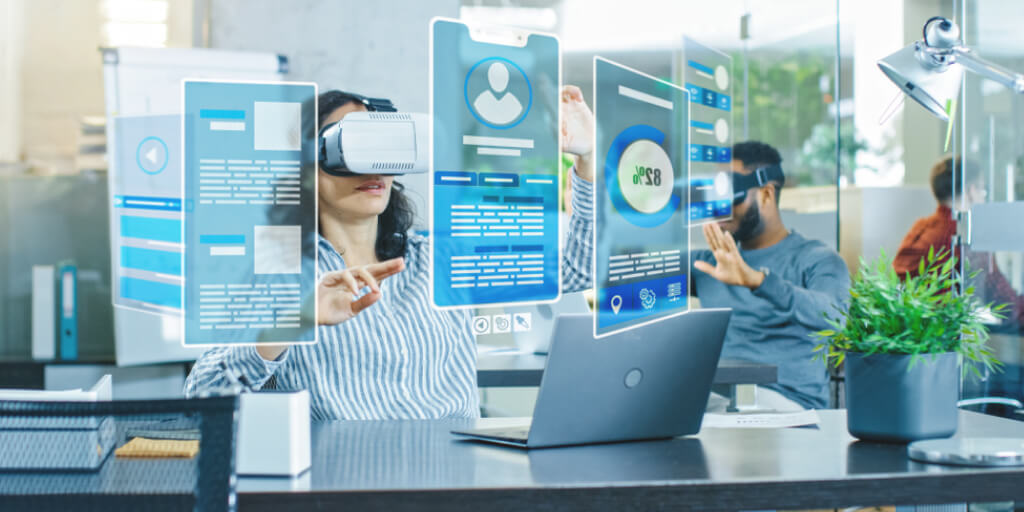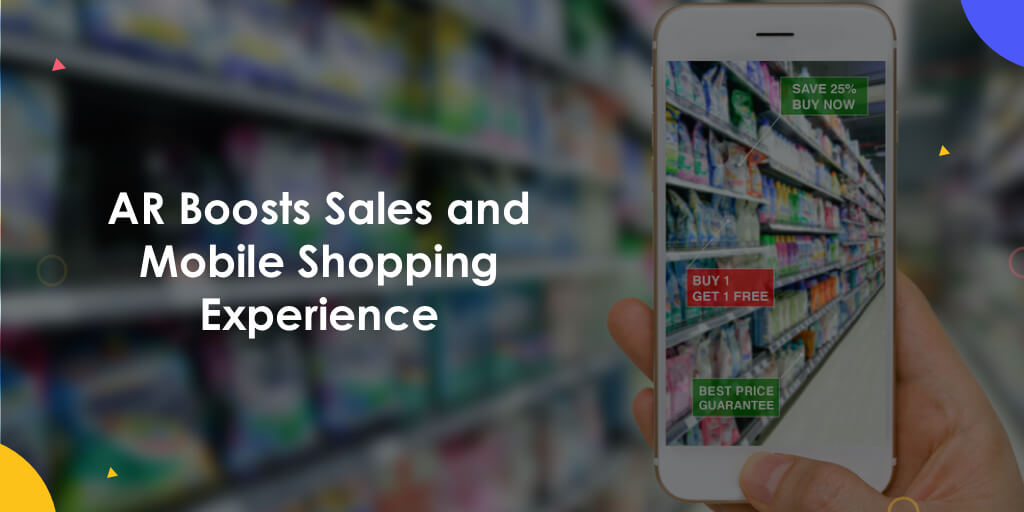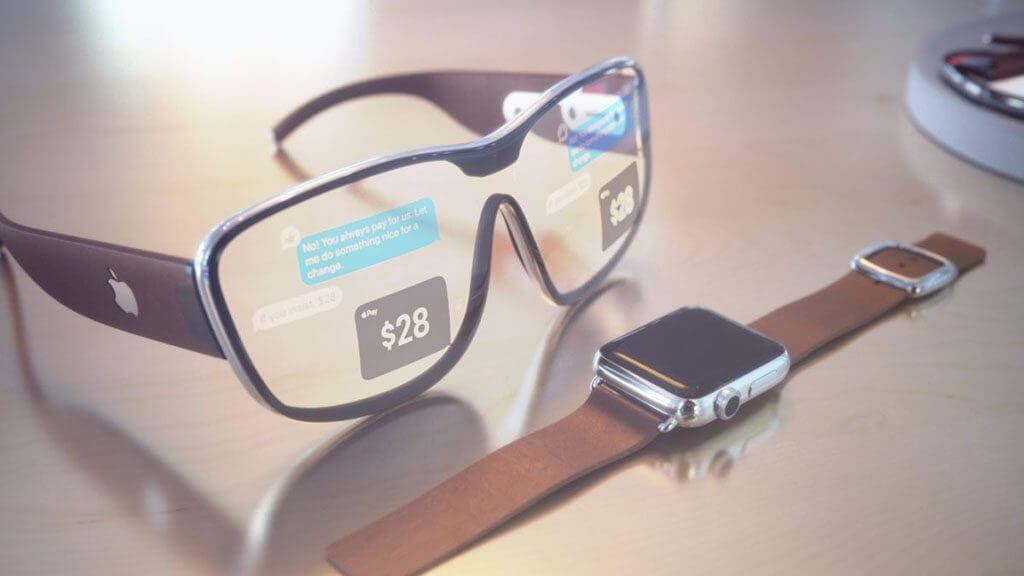Table of Contents:
- Introduction
- Advanced Data Analysis in Event Management
- Immersive AR/VR Integration in Event Management
- Synergizing Data Analysis with AR/VR Integration
- Future Trends and Innovations
- Conclusion
1. Introduction
Overview of the Event Management Industry
Event management is a dynamic and multifaceted industry encompassing a wide range of activities, from small corporate meetings to large-scale international conferences and festivals. The sector has seen tremendous growth over the years, driven by the increasing demand for memorable experiences and effective business events. Traditional methods of event planning and execution have given way to more sophisticated approaches, leveraging technology to enhance every aspect of the event lifecycle.
Importance of Technology in Event Management
Technology plays a crucial role in the modern event management landscape. It streamlines operations, enhances communication, improves attendee engagement, and provides valuable insights through data analysis. With the advent of advanced technologies like Artificial Intelligence (AI), Augmented Reality (AR), and Virtual Reality (VR), the potential to create immersive and personalized event experiences has significantly increased. This article explores how data analysis and AR/VR integration can revolutionize event management, offering both organizers and attendees a superior experience.
Purpose and Scope of the Article
The purpose of this article is to provide a comprehensive overview of how cutting-edge technologies, specifically data analysis and AR/VR integration, can transform event management. We will delve into the specifics of each technology, discuss their applications, and illustrate their impact with real-world examples. By the end of this article, readers will have a clear understanding of the benefits and challenges associated with these technologies and how they can be effectively implemented in event management.
2. Advanced Data Analysis in Event Management
Definition and Importance of Data Analysis
Data analysis involves examining, cleaning, transforming, and modeling data to discover useful information, draw conclusions, and support decision-making. In the context of event management, data analysis is critical for understanding attendee behavior, measuring event success, optimizing resources, and enhancing future events. By leveraging data, event organizers can make informed decisions, improve operational efficiency, and deliver tailored experiences that meet the needs and preferences of their audience.
Types of Data Collected in Event Management
Event management involves collecting various types of data, including:
- Registration Data: Information provided by attendees during the registration process, such as name, contact details, demographic information, and preferences.
- Behavioral Data: Insights into how attendees interact with the event, including session attendance, engagement with exhibits, and participation in activities.
- Feedback Data: Responses from surveys, polls, and feedback forms that capture attendee satisfaction and suggestions for improvement.
- Social Media Data: Analysis of social media interactions related to the event, including posts, comments, and shares.
- Operational Data: Metrics related to event logistics, such as check-in times, crowd density, and resource utilization.
Tools and Technologies for Data Analysis
Several tools and technologies can be employed for data analysis in event management, including:
- Customer Relationship Management (CRM) Systems: Platforms like Salesforce and HubSpot that help manage and analyze attendee data.
- Analytics Software: Tools such as Google Analytics and Tableau for visualizing and interpreting data.
- Survey and Feedback Tools: Platforms like SurveyMonkey and Typeform for collecting and analyzing attendee feedback.
- Social Media Monitoring Tools: Applications like Hootsuite and Brandwatch for tracking and analyzing social media activity.
Benefits of Data Analysis for Event Organizers
Data analysis offers numerous benefits for event organizers, including:
- Improved Decision-Making: Data-driven insights enable organizers to make informed decisions regarding event planning and execution.
- Enhanced Attendee Experience: Understanding attendee preferences and behavior helps tailor the event experience to meet their needs.
- Resource Optimization: Analyzing operational data helps optimize resource allocation, reducing costs and improving efficiency.
- Increased Engagement: Data insights can be used to develop targeted engagement strategies, increasing attendee participation and satisfaction.
- Measurable Success: Data analysis provides metrics to measure the success of the event, identify areas for improvement, and demonstrate ROI to stakeholders.
Case Studies and Examples
- Tech Conference: A major tech conference used data analysis to track attendee engagement through mobile app interactions. By analyzing session attendance and feedback, organizers were able to identify popular topics and speakers, leading to more targeted content in future events.
- Music Festival: A large music festival utilized social media data analysis to gauge attendee sentiment and identify trending topics. This real-time feedback allowed the organizers to make on-the-fly adjustments, such as changing the lineup or enhancing specific attractions, resulting in higher attendee satisfaction.
3. Immersive AR/VR Integration in Event Management
Overview of AR and VR Technologies
Augmented Reality (AR) and Virtual Reality (VR) are transformative technologies that offer immersive experiences by blending digital content with the physical world (AR) or creating entirely virtual environments (VR). AR enhances the real-world environment with digital overlays, while VR provides a fully immersive experience through headsets and interactive virtual spaces.
Applications of AR/VR in Event Planning and Execution
AR and VR have numerous applications in event management, including:
- Virtual Event Platforms: VR can create fully immersive virtual event spaces, allowing remote attendees to participate in a realistic event environment.
- AR Navigation and Information: AR can provide attendees with interactive maps, real-time information, and augmented exhibits, enhancing their on-site experience.
- Virtual Tours: VR can offer virtual tours of event venues, enabling remote site inspections and planning.
- Interactive Exhibits: AR can enhance exhibits with interactive digital content, providing attendees with an engaging and informative experience.
- Training and Simulation: VR can be used for staff training and simulation exercises, improving preparedness and efficiency.
Enhancing Attendee Experience with AR/VR
AR and VR can significantly enhance the attendee experience by:
- Providing Immersive Experiences: VR can transport attendees to virtual worlds, offering unique and memorable experiences.
- Enabling Personalization: AR can provide personalized content and recommendations based on attendee preferences and behavior.
- Facilitating Remote Participation: VR allows remote attendees to participate in events as if they were physically present, expanding the event’s reach.
- Enhancing Engagement: Interactive AR and VR content can captivate attendees and encourage active participation.
Technical Requirements and Challenges
Implementing AR/VR in event management comes with technical requirements and challenges, including:
- Hardware and Software: VR headsets, AR-enabled devices, and specialized software are necessary for creating and delivering AR/VR experiences.
- Content Creation: Developing high-quality AR/VR content requires expertise in 3D modeling, animation, and interactive design.
- Connectivity: Reliable and high-speed internet connectivity is crucial for seamless AR/VR experiences.
- User Adoption: Ensuring attendees are comfortable with and have access to AR/VR technology can be a challenge.
- Cost: The cost of AR/VR hardware, software, and content creation can be significant, requiring careful budget planning.
Case Studies and Examples
- Virtual Trade Show: A trade show used VR to create a virtual exhibition hall, allowing remote attendees to explore booths, interact with exhibitors, and attend virtual presentations. The immersive experience resulted in high levels of engagement and positive feedback.
- AR-Enhanced Conference: A conference integrated AR into their mobile app, providing attendees with interactive maps, real-time session information, and augmented reality networking features. This enhanced the on-site experience and improved attendee satisfaction.

4. Synergizing Data Analysis with AR/VR Integration
How Data Analysis Enhances AR/VR Experiences
Data analysis can significantly enhance AR/VR experiences by providing insights that inform content creation and delivery. For example, analyzing attendee behavior and preferences can help tailor AR/VR content to meet their interests, resulting in more engaging and personalized experiences.
Real-time Data Utilization in AR/VR
Real-time data can be used to dynamically adjust AR/VR content based on attendee interactions. For example, real-time feedback can inform adjustments to virtual event environments, while live data from AR-enabled devices can provide personalized recommendations and content.
Predictive Analytics and Personalized AR/VR Content
Predictive analytics can be used to anticipate attendee needs and preferences, allowing for the creation of personalized AR/VR content. For instance, predictive models can identify which sessions or exhibits an attendee is likely to be interested in, enabling the delivery of tailored AR/VR experiences.
5. Future Trends and Innovations
Emerging Technologies in Event Management
Several emerging technologies are poised to further transform event management, including:
- Artificial Intelligence (AI): AI can automate event planning tasks, provide personalized recommendations, and enhance attendee engagement through chatbots and virtual assistants.
- Blockchain: Blockchain technology can improve security and transparency in event ticketing and transactions.
- Internet of Things (IoT): IoT devices can provide real-time data on attendee movement and environmental conditions, improving event logistics and safety.
Potential Developments in Data Analysis
Future developments in data analysis may include:
- Advanced Predictive Analytics: More sophisticated predictive models that can accurately forecast attendee behavior and preferences.
- Real-time Analytics: Enhanced capabilities for real-time data analysis, enabling dynamic adjustments to event experiences.
- Integration with AI: Combining AI with data analysis to provide deeper insights and automate decision-making processes.
Future of AR/VR in Events
The future of AR/VR in event management looks promising, with potential developments including:
- Increased Accessibility: Advances in AR/VR technology will make these experiences more accessible to a wider audience.
- Enhanced Interactivity: Future AR/VR experiences will offer more interactive and immersive content, driven by advancements in hardware and software.
- Seamless Integration: AR/VR will become seamlessly integrated into event platforms, providing a unified and immersive experience for attendees.

6. Conclusion
Summary of Key Points
This article has explored the transformative potential of data analysis and AR/VR integration in event management. By leveraging advanced data analysis, event organizers can gain valuable insights, optimize operations, and enhance attendee experiences. Meanwhile, AR/VR technologies offer immersive and engaging experiences that can captivate attendees and expand event reach.
The Future of Event Management with Advanced Technologies
The future of event management is bright, with advanced technologies paving the way for more efficient, engaging, and personalized event experiences. As data analysis and AR/VR technologies continue to evolve, they will unlock new possibilities for event organizers and attendees alike.
Final Thoughts
Incorporating cutting-edge technologies like data analysis and AR/VR into event management is not just a trend but a necessity for staying competitive in today’s dynamic landscape. By embracing these technologies, event organizers can create memorable experiences that resonate with attendees and drive success.






